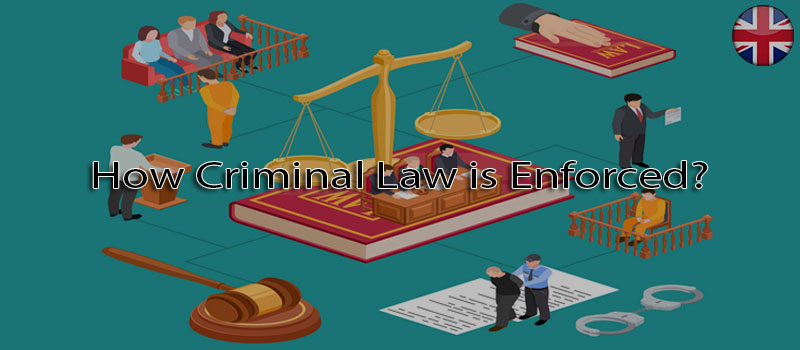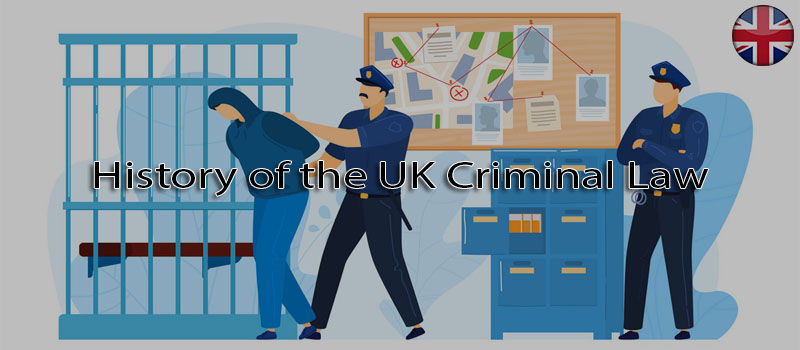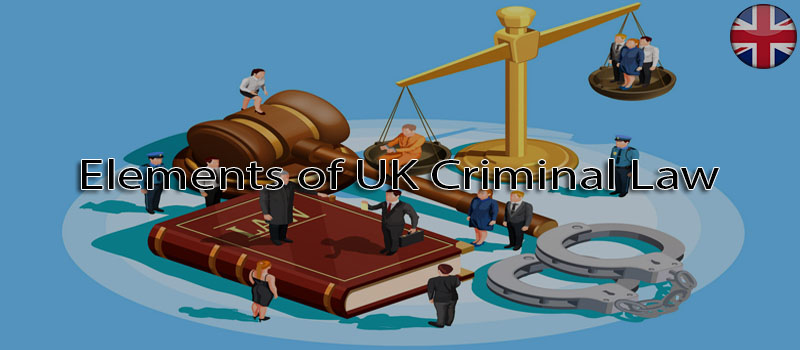
In most movies you must have seen, police or special agent acts as the judge, jury, and executioner. He catches a suspect, interrogates him, finds out he is guilty, and sometimes executes his judgment. Seems easy right?
How is Criminal Law enforced?
Well, in reality, it does not work that way. There is an actual process, and we will be looking at that below.
An individual who feels a crime has occurred reaches out to the police, who investigate.
If the police believe the individual is responsible for committing the crime after being arrested and interviewed, they charge.
Crown Prosecution Service
A case report will then transfer to the CPS or Crown Prosecution Service.
Suppose the CPS feels the case has a reasonable possibility of success and that it would be in the public’s interest to do so. In that case, it will begin criminal proceedings against the suspected person, who then becomes a defendant in the said case.
In court, the CPS has the task of establishing that the defendant carried out the offense beyond a reasonable doubt.
Minor offenses like speeding have their hearings in the Magistrates courts. Lots of towns in Wales and England have their Magistrate Court where three magistrates hear cases.
Magistrates don’t require legal qualifications, and a Clerk who is a qualified lawyer is responsible for advising them. Magistrates are not necessary to state the reasons for making a decision.
Offenses that are quite severe, like rape and murder, have their hearing in the Crown Court.
The Jury
The Crown Court has based in around 90 centers all over Wales and England.
A jury that consists of 12 individuals selected from the local populace will decide without offering reasons as to if the defendant is guilty of the charges.
Usually, a jury’s decision will be unanimous, but the judge may decide that a 10:2 or 11:1 majority is adequate. Finally, the judge will advise the jury about the law.
The judge also has the role of imposing the sentence if the defendant is deemed guilty.
Some common offenses like theft may try in a Crown Court or Magistrates Court. The sentences privy to criminal offenses consist of:
- Community punishments like unpaid supervised work
- Fines which include payment of a specific amount to the state
- Imprisonment



